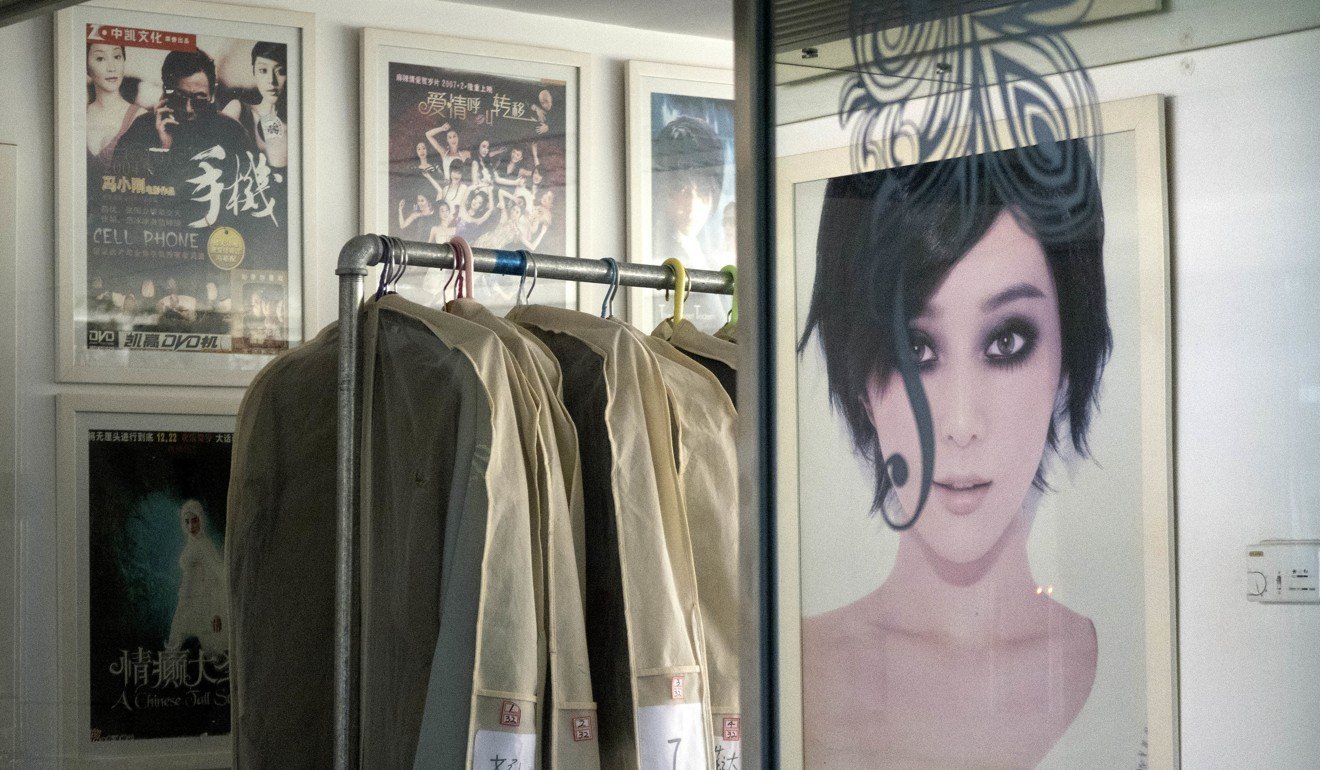
China’s Fan Bingbing should thank her lucky stars; her punishment could have been a lot worse
Questions surrounding the superstar Chinese actress’ confession and US$127.8 million fine for tax evasion point to a lack of procedural transparency, Nicolas Groffman writes
We are familiar with the Fan Bingbing story by now. The actress was hidden from public view for 100 days until she confessed to tax evasion. There was no trial.
After her “confession”, she was given a stupendous fine of 884 million yuan (US$127.8 million). She has been listed among the world’s top 10 highest paid actresses, along with Jennifer Lawrence and Deepika Padukone; but she will find her earning potential drastically reduced, because Chinese studios and international advertisers will drop her.
Chinese commentary and English language commentary on the case could not be more different. The latter has tended to focus on the apparent lawlessness with which the matter was handled. The “Chinese view”, however, has been that Fan was lucky to avoid criminal charges.
Chinese legal scholars and journalists have queued up to publish articles and WeChat blogs about why this was possible.
The comments on related articles (which are carefully curated in Chinese blogs) tend to show outraged ordinary citizens complaining about the star’s tax dodging while wise scholars explain that an administrative fine is sufficient and a better way of improving China’s tax collection than the blunt instrument of imprisonment.
The death penalty for tax fraud was removed in 2011, but life imprisonment is still possible. The 2009 amendment to China’s Criminal Law, however, provides that for a first-time offender, an administrative fine may be paid within a given period and criminal liability thus avoided; and that is why we might consider Fan to be lucky.
According to Mimi Zou of Oxford University, “you have to go back to around 2000-2002 for the last wave of tax-related cases against media stars, and the amounts back then were much smaller than the hundreds of millions we’re seeing today”. Even so, people were imprisoned.
Chinese media has avoided any discussion of whether Fan really was guilty of the offence and whether she was fairly treated by focusing attention on other quibbles.

Zhao Lei of Beijing Zewen Law Firm hoisted the straw man that it might not have been her first offence, before concluding comfortably that it was, by reference to the definition of “first”.
Chen Youxi of Capital Equity Legal Group stated that “many have suggested she had evaded such a huge amount of tax that she deserves to be treated as a criminal” and then reminded his readers that China’s criminal system benevolently treats tax evasion as avoidance of payment duties, rather than actual robbery.
Hu Gongqun of Zhongyin Law Firm commented that the amendment to the criminal law makes the system more humane and promotes justice.
All of this distracts attention from more serious questions.
We can dismiss this as spin, but the fact remains that others have been jailed or killed for lesser crimes.
Mimi Zou again: “The problem with tax evasion is that everyone is doing it. The government can’t possibly enforce [the rules] against everyone” so it enforces them “against a big name with a huge amount at stake”.
If Fan Bingbing is guilty of massive tax evasion, then in most countries she would suffer penalties at least as severe as those levied by China.
Catching a celebrity has an impact across society, so it is easy to understand why the government would want to do this. Why then did it then have to spoil the party by conducting the investigation in such a dubious way?
Having someone vanish for three months does not give us the warm feeling of a transparent legal system in action.
It’s important to draw a distinction between published blogs in China and the more private chit chat that one hears from experts and sees on WeChat. Chinese legal experts are concerned by the opacity of the procedure. How do we even know for sure that Fan was guilty?
If you lock someone away for three months, they’ll confess to anything. And what was the procedure under which she was detained? That we are having to ask these questions points to a lack of transparency in the process, which undermines the rule of law.
Returning to the original question: was Fan Bingbing lucky to avoid imprisonment, or unlucky to be punished for something everyone does? If she is guilty of tax evasion on such a massive scale, then in most countries she would suffer penalties at least as severe as those levied by China.
But China’s own tax authority has facilitated yin-yang contracts for decades. Anyone who has conducted a house sale in China will recall the “guide price” system used by the tax bureau.
It is hardly surprising that very large transactions involve similar shenanigans. Those who profess outrage at Fan’s alleged behaviour are either pretending, or easily led. Yet for her, the result could have been much worse.
Nicolas Groffman, who practised law in Beijing and Shanghai, is a partner at law firm Harrison Clark Rickerbys in London

